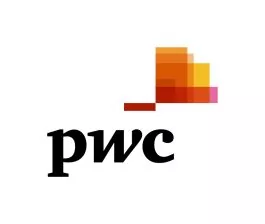"I'm going to live through this even if it kills me."– Klinger, M*A*S*H
One of the downsides for Canadian companies that moved to IFRS in 2011 is that it came in the middle of the IASB's and FASB's joint program to improve and converge IFRS and US GAAP. The consequence is that they'll be forced to change the IFRS they just adopted to give effect to any GAAP changes arising from the program that weren't already in place at transition. The old double switcheroo! Ain't life grand.
Here are the main changes, all effective for 2013:
- Consolidation – redefines when one entity controls another and so must take up the controlled entity's assets, liabilities, revenues and expenses into its financial statements. This one affects not only special purpose entities ("SPEs") and other structured arrangements, but operating companies too. A key feature of the new requirements is the concept of "de facto" control, under which holding of a large block of voting shares might be sufficient to trigger consolidation even if you don't have a majority of the votes. Everything depends on how widely dispersed the other votes are.
- Joint arrangements – eliminates proportionate consolidation for "joint ventures" but permits it for "joint operations". Which is which? Aye, there's the rub.
- Disclosures of interests in other entities – requires more discussion of nature and risks. Please.
- Employer accounting for defined benefit pension and other employee plans – mandates immediate recognition of changes in the value of plan assets and liabilities in other comprehensive income, limits the rate of return on plan assets used in calculating pension expense to a high quality bond rate, even if the company expects to (and actually does) earn a higher one. Oh, there's more disclosure too.
- Fair value measurement – reconciles diverse and sometimes conflicting guidance previously in IFRS about what fair value is and how to measure it. Some measurements may change as a consequence; e.g. some derivatives, liabilities, etc. Did we mention that there are more disclosures?
- Mining stripping costs – introduces rules for accounting for overburden by mining companies. These may not be a big issue given previous practice in Canada, but you never know till you look, do you? Dig deep.
Other 2013 changes include presentation of OCI, disclosures about offsetting assets and liabilities, a few amendments to IFRS transition rules (relax, they apply only to new transitions), and some modifications to existing standards.
The content of this article is intended to provide a general guide to the subject matter. Specialist advice should be sought about your specific circumstances.

